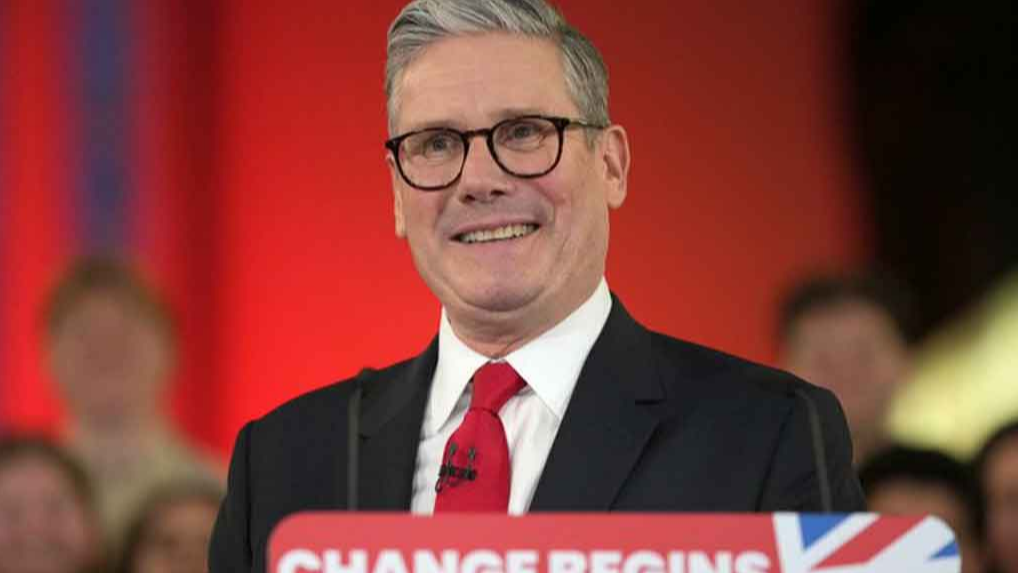Édité par Catherin López
2024-07-08 11:43:22
Facebook
Pinterest
Telegram
Linkedin
WhatsApp

Keir Starmer
By Guillermo Alvarado
After the overwhelming victory of the Labor Party in the legislative elections held in the United Kingdom, the largest in the modern history of that nation, Prime Minister Keir Starmer became the most powerful ruler in post-World War II memory.
As long as he keeps the reins of his political organization tight, he will be able to make whatever changes he sees fit in the running of a country that has deteriorated after 14 years of a Conservative cycle, compounded by the health crisis caused by the Covid-19 pandemic and the disastrous Brexit, the exit from the European Union.
In fact, the promise to rebuild the United Kingdom was one of the factors that influenced the massive vote in favor of his party, but now he must demonstrate in practice how much, in reality, he is willing to change.
A first sign was to dismiss out of hand the program to send migrants seeking asylum to Rwanda while their cases are being resolved. It's a positive step that doesn't mean much because the project was dead from its inception and never worked despite the millions of pounds invested in it. It was a bit like declaring defunct what never existed.
To maintain popular support, Starmer must urgently initiate changes in the deteriorating health care system, especially in the waiting time for patients to obtain specialized care.
Other pressing issues are combating poverty and the high cost of living. In 2023 there were 14 million people below the waterline waiting for a decent job with living wages.
These are areas where perhaps the new prime minister can do something, including an unlikely tax reform to better redistribute wealth.
Outside the domestic sphere, no changes are in sight in foreign policy, where loyalty to the United States and NATO will continue. The United Kingdom will continue to support Zelensky's Ukraine and the arbitrary sanctions against Russia, as well as the ambiguous policy towards Israel.
Let alone negotiations with Argentina to resolve the occupation of the Falkland Islands. On the contrary, London will maintain and increase its military presence in that area, as well as its appetite for the natural wealth of Antarctica, in spite of international treaties to protect the South Pole.
In addition, it maintains the security and defense alliance called Aukus, formed together with Australia and the United States, which aims to exercise maritime and submarine control in the southern oceans. In other words, the British empire will continue to be the same as it has been since the time of the pirates and privateers.

